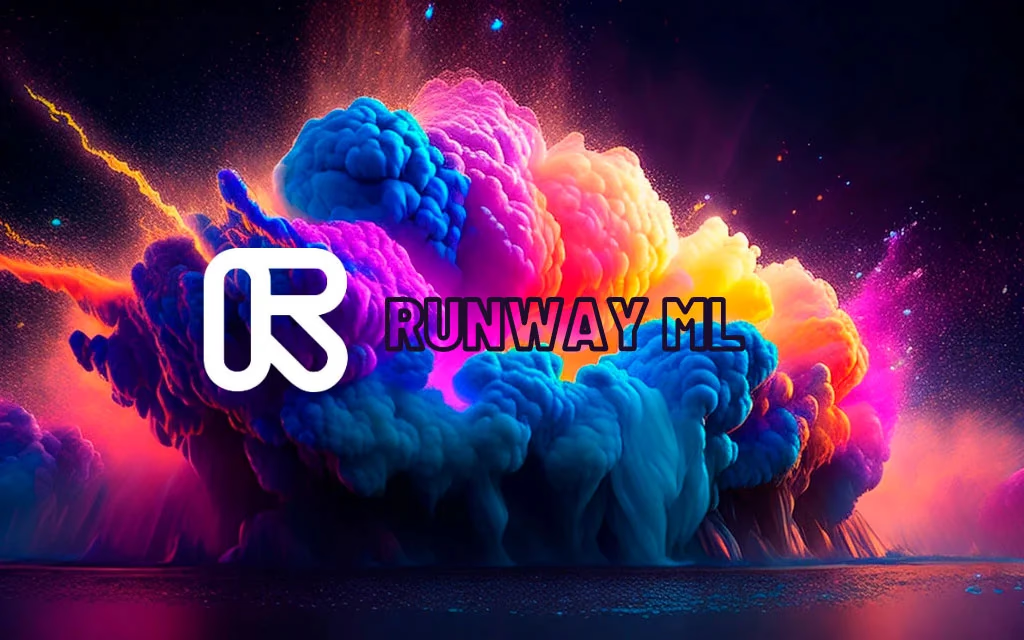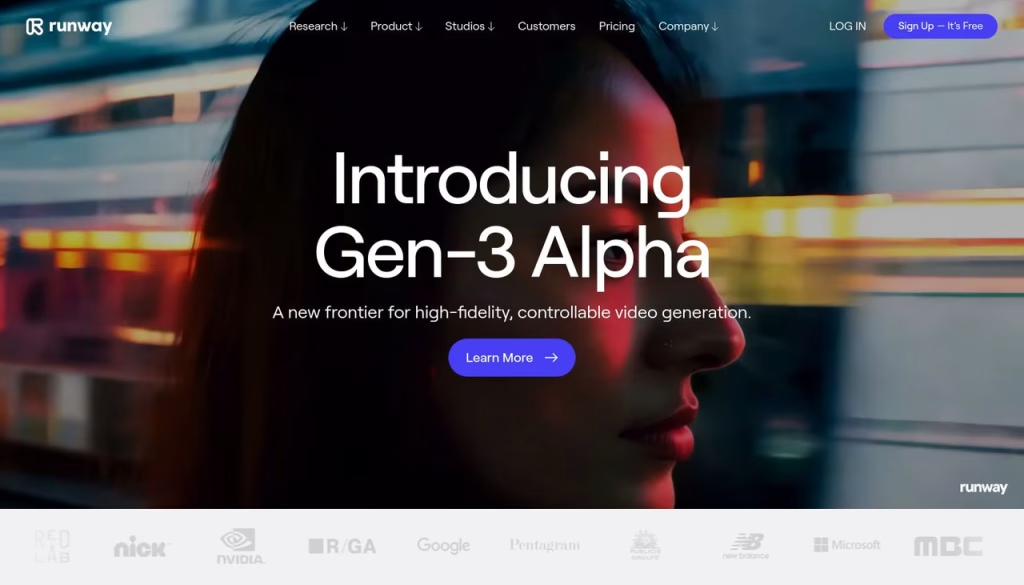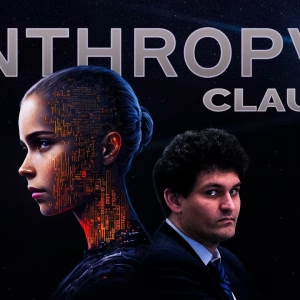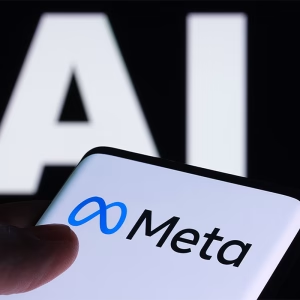A recent report by 404 Media has brought to light an interesting yet controversial aspect of Artificial Intelligence development. It has been revealed that Runway, an AI text-to-video generator, was allegedly trained on a massive dataset sourced from YouTube videos and even pirated films. This has sparked a lot of debate and raised important ethical questions about this Runway AI Controversy.
The report includes a spreadsheet detailing the training data, with links to various YouTube channels and creators. Surprisingly, or perhaps alarmingly, the list includes major entertainment giants such as Netflix, Disney, and Nintendo. Additionally, popular YouTubers like MKBHD, Linus Tech Tips, and Sam Kolder have also found their content used without explicit permission, it seems. This practice of using existing content for AI training, especially without proper authorization, has sparked a lot of backlash and controversy.
The use of such diverse and, at times, unauthorized content has brought the issue of AI ethics to the forefront. It prompts us to question the boundaries and implications of AI development and the potential violation of intellectual property rights. The controversy surrounding Runway AI highlights the delicate balance between innovation and ethical responsibility, especially when it comes to respecting the hard work and creativity of content creators and media companies. This controversy is an important reminder that as AI continues to advance and shape our world, ethical considerations must always be at the forefront of its development and deployment.

The Unseen Side of AI Innovation
The Runway AI controversy is an interesting ethical dilemma that has many people talking. A former employee of Runway has spoken out about the company’s practices, revealing a complex web of data collection and AI model training. The company had an extensive list of YouTube channels, curated by employees, that were used to source “high-grade” videos. This list was an exhaustive, company-wide effort, with employees diligently seeking out these videos to use as training material for their AI model. Once these videos were sourced, a sophisticated web crawler was employed to download the content, using proxies to avoid detection and potential blocks by Google. This intricate process allowed Runway to amass a huge dataset, which was then used to train their AI systems.
The ethical controversy here lies in the fact that this data was seemingly collected without the content creators’ explicit knowledge or consent. This raises important questions about the responsible use of AI and the potential for unintended consequences when massive amounts of data are collected without proper oversight. The practice of using web crawlers and proxies to avoid detection adds an element of controversy to the already complex world of AI ethics.
The Impressive and Controversial Future of Video Creation
Runway, an innovative and impressive AI startup, has garnered much attention and controversy with its latest tool, Gen-3 Alpha. Backed by significant funding from tech giants like Alphabet, Google’s parent company, and Nvidia, Runway has developed a truly unique and powerful video creation platform. With Gen-3 Alpha, users can craft incredibly realistic AI-generated videos with stunning visual fidelity and an array of animation styles. The tool’s versatility allows creators to bring their wildest imaginations to life.
However, the power of Gen-3 Alpha and similar AI models also sparks important discussions. The massive content ingestion and training processes raise questions about ethical boundaries and potential misuse. The Runway AI Controversy highlights the need for responsible development and the careful navigation of this exciting yet uncharted territory. As AI continues to advance and shape the future of media and entertainment, finding a balance between innovation and ethical considerations will be crucial.
Runway AI Controversy: Unveiling the Truth Behind the Data
There has been a lot of talk recently about Runway’s AI system and where it sources its data from. It has come to light that their dataset includes some questionable links, sparking a lot of controversy. YouTubers and 404 Media have revealed that Runway’s Gen-3 Alpha model may have accessed some unauthorized content, including piracy sites like KissCartoon. This has raised a lot of eyebrows and important questions about the ethics of AI training data. Unfortunately, we might never get a straight answer. In a recent interview, co-founder Anastasis Germanidis remained tight-lipped, only revealing that they use “carefully selected, internal datasets.” This leaves the public in the dark about the full extent of the data used and how it was obtained.
Runway AI Controversy: Google and YouTube Speak Out
Google has spoken out about the controversial use of YouTube videos to train AI. In a statement, Google highlighted the words of YouTube CEO Neil Mohan, who firmly stated that this practice was a clear and blatant violation of the platform’s policies. This statement was originally given to Bloomberg back in April, emphasizing the seriousness of the issue.
The controversy surrounds the use of YouTube videos by Runway, a company that utilizes these videos to train its AI systems without explicit permission from the content creators. This has naturally sparked outrage and concern among YouTubers and the public alike, with many questioning the ethical boundaries of AI training and the potential implications for privacy and intellectual property rights.
Is the use of publicly available content ever justifiable for AI training, or do the risks to privacy and intellectual property rights outweigh any potential benefits? This controversy sparks a necessary debate about the future of AI and the ethical boundaries that must be established.
AI Training Data: The Runway AI Controversy and Beyond
The controversy surrounding Runway AI and its use of YouTube content for training data has sparked interest in the practices of other AI companies. It has come to light that Runway is not the only player in the game, with several other notable names being linked to similar practices. Earlier in the year, OpenAI’s CTO, Mira Murati, remained uncertain when questioned about whether their text-to-video generator, Sora, utilized YouTube training data. This uncertainty left many wondering about the potential ethical implications and the broader impact on the AI industry.

A recent investigation by Proof News and Wired revealed that prominent companies, including Anthropic, Apple, Nvidia, and Salesforce, have trained their AI models using an extensive collection of over 170,000 YouTube videos. This discovery highlights a growing trend and raises important questions about data privacy, consent, and the potential for misuse. The controversy surrounding Runway AI has brought to light the broader implications of AI training data sources, with far-reaching consequences for the industry and society as a whole. The ethical implications are vast, and the controversy surrounding this practice is an important reminder of the need for transparency and accountability in the AI industry, especially when it comes to the controversial topic of training data.













